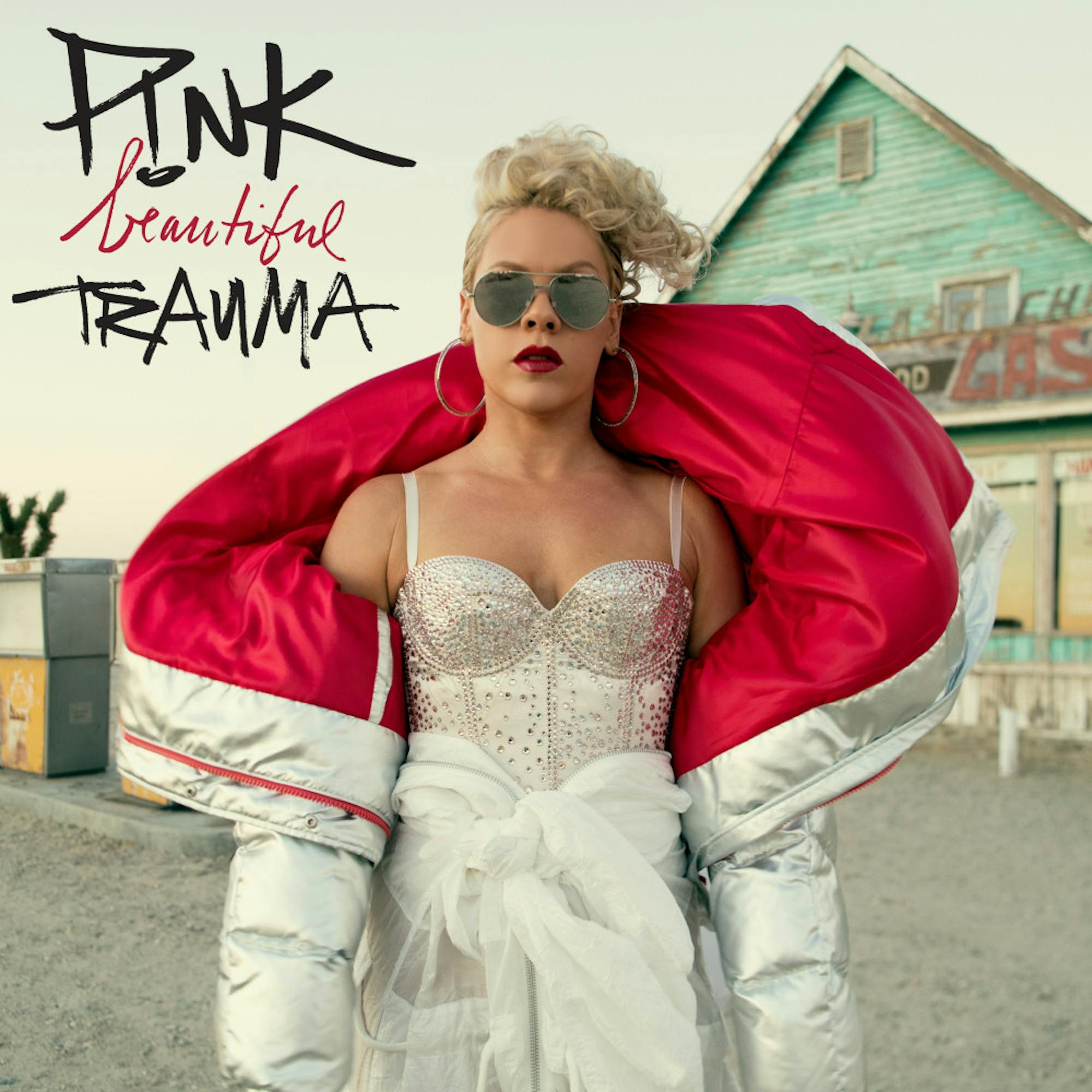Among the surfeit of 2000s pop stars, there are the Britney Spears and Christina Aguileras of the music industry: teenage stars who managed to sustain their careers and fame into adulthood, only to see it peter out in the later years. But then, there's Pink.
Born in 1979, Alecia Beth Moore took the moniker Pink, stylized as P!nk, in the early 1990s and emerged onto the pop scene later in the decade as an R&B-inspired chanteuse, with hits such as “There You Go” (2000) and “Most Girls (2000). However, it was her sophomore follow-up “M!ssundaztood” (2001) that catapulted Pink to the top of the pop hierarchy as she helped jumpstart the pop-rock phenomena of the mid-2000s with a record that captured a spirit of relatable rebellion.
No track better expressed that feeling than teen angst anthem “Don’t Let Me Get Me” (2001), with Pink snarling, “LA told me, ‘You'll be a pop star, / All you have to change is everything you are.’ / Tired of being compared to damn Britney Spears / She's so pretty, that just ain't me.” This assertive attitude would come to play a large role in Pink’s career over the next decade-plus, with hits such as the fiery “So What” (2008), the empowering “Raise Your Glass” (2010) and the vulnerable “Just Give Me a Reason” (2012).
With her latest album “Beautiful Trauma,” released on Oct. 13, Pink flexes her pop-icon muscles. It was announced earlier this week that Pink’s seventh LP sold 384,000 copies in its opening week, marking the best sales week for any act this year so far. While Pink is clearly still riding the high of her commercial success, the quality of “Beautiful Trauma” leaves something to be desired, drawing upon a mix of old and new collaborators to release a record that can be described, in places, as musical fodder for suburban housewives.
The leading title track finds the pop veteran collaborating with producer of the moment Jack Antonoff, who played a hand in Lorde’s astounding “Melodrama” (2017) and Taylor Swift’s recent career suicide. The track has a classic Pink 'us-against-the-world' attitude as she sings "'Cause we've been on the run so long they can't find us / Who's gonna have to die to remind us / That it feels like we chose this (chose this) blindly.” Antonoff’s production does the job here, capturing the essence of what made his band wildly popular and fusing it with trademark Pink-isms.
Her work with repeat collaborators Max Martin and Shellback, the Swedish super-producers behind some of her biggest hits, is much more of a mixed bag. “Revenge,” which features hip-hop icon Eminem, falls flat from the opening note, juxtaposing a comedic tone with the harshness of cheating. While on paper this sounds like an intriguing idea, it comes off as uninspired, with Pink sleeping through a chorus built around “We could do revenge, revenge, revenge.” Eminem is no better, reminding everyone that his heyday has long passed. Thankfully, Pink’s work with Martin and Shellback drastically improves on the melancholy “Whatever You Want,” an ode to a failing relationship.
Unfortunately, the majority of “Beautiful Trauma” becomes bogged down in a monotony of mid-tempo tracks after this point. Lead single “What About Us” sounds as tepid as it did the day it was released, failing to inspire as a political anthem. “Barbies” fails to make use of singer-songwriter extraordinaire Julia Michaels; the track sees Pink lament getting older, wistfully singing, “I wish I could go back to playing barbies in my room.” Martin and Shellback attempt to jolt some life back into the record with uptempo dance track “Secrets,” but that too comes off as stale.
Thankfully, Pink regains her footing at the album’s end with some of her best work to date. “Wild Hearts Can’t Be Broken” is everything that the lead single should have been, offering hope amidst today’s political turmoil. The poignant ballad begins softly but ends with the singer boldly proclaiming, “My freedom is burning / This broken world keeps turning / I'll never surrender / There's nothing, but a victory.” The ballad “You Get My Love” sees Pink confronting the insecurities she feels in her relationship, reminding them “But you get my love, baby.”
With this, “Beautiful Trauma” comes to an end and reminds listeners that, while she may not always get it right, Pink still has many stories left to tell.
Veteran pop star Pink fights through her 'Beautiful Trauma' on seventh LP

The cover of 'Beautiful Trauma' (2017), a new album released on Oct. 13, by pop singer Pink, is shown here.
Summary
Pink's "Beautiful Trauma" sees the pop icon play it safe, which results in an uneven seventh studio album.
3 Stars





